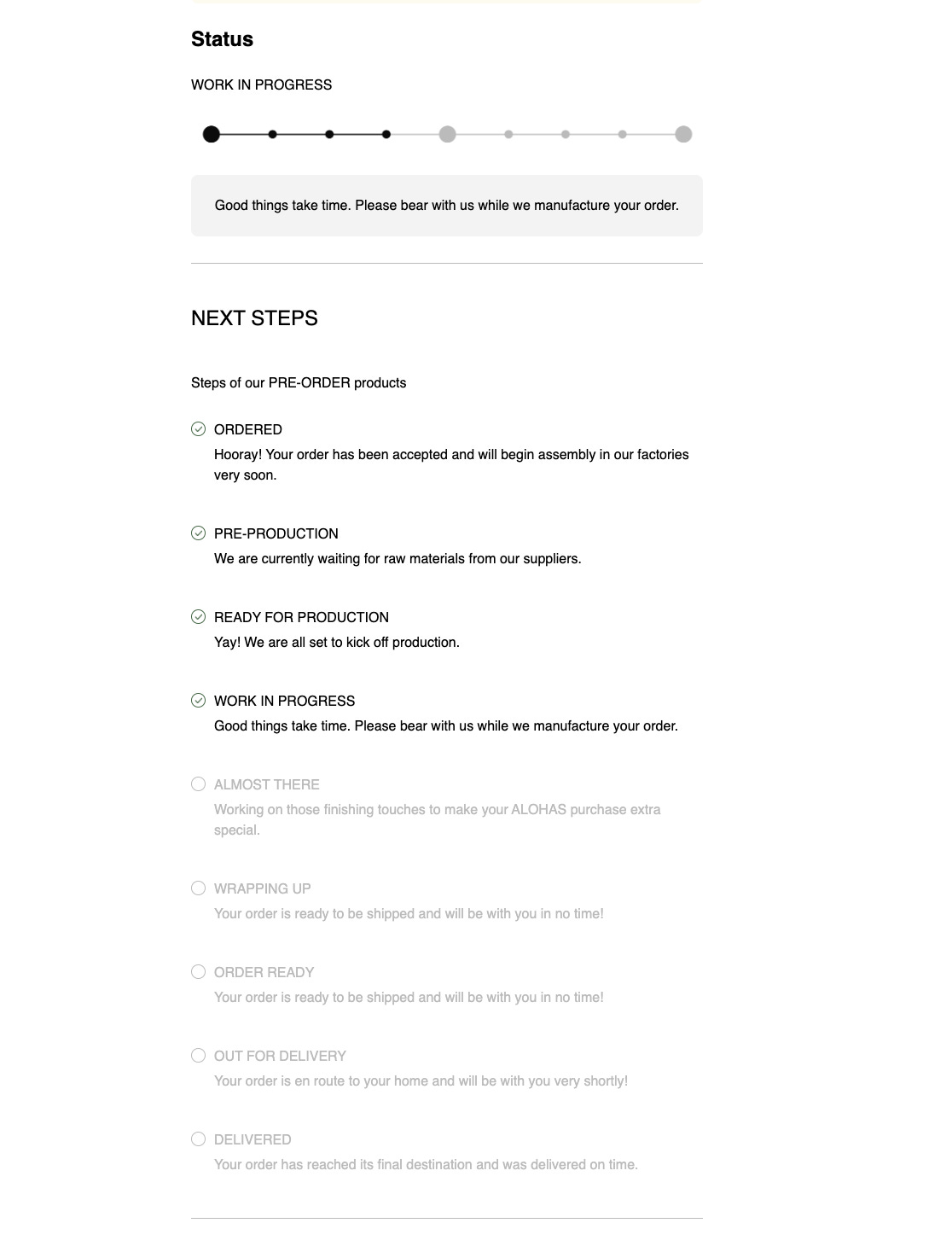Remember when "faster" always meant "better"?
Those days are over.
Younger generations are flipping the script, trading instant gratification for a more sustainable world.
A recent conversation with a student opened my eyes to this shift. She eagerly shared her willingness to wait until mid-November for a product from ALOHAS, a brand redefining fashion production.
At first glance, ALOHAS shoes might seem basic. Their designs often embody simplicity and classic style. But don't let appearances fool you – there's much more to these shoes than meets the eye.
The ALOHAS Approach
ALOHAS is pioneering an on-demand production model.
🔮 Pre-order System: By anticipating demand, they only produce what's needed, significantly reducing waste and overproduction.
🇪🇸 Made in Spain: Local production promotes environmentally friendly practices and supports regional economies.
🌵 Innovative Materials: From vegan leathers made of cactus, corn, and apple to recycled plastics and sustainably sourced traditional leather.
✅ Certified Sustainability: They use Leather Working Group-certified leather, ensuring eco-friendly treatment processes.
Their shoes cost roughly $150-200.
Here is a view of the note they send you when you pre-order shoes.
A Paradigm Shift in Consumer Behavior
We've been conditioned to want speed due to several cultural and technological shifts over the past few decades. The rise of the internet and smartphones has made instant gratification the norm. From online shopping to fast food, businesses have prioritized efficiency and convenience, leading consumers to expect immediate results. This 'on-demand' mentality was further amplified by companies like Amazon, Uber, and Netflix, which built their success on providing nearly instant access to goods, services, and entertainment.
Marketing and advertising have played a huge role in this conditioning, often equating speed with success, happiness, and status. Campaigns push the narrative that faster is better, suggesting that anything less than instant is a waste of time. This perpetuates the idea that quick solutions are inherently superior, even if they come at the expense of long-term sustainability or quality.
However, this relentless pace is taking a toll. Beyond its environmental impact, it's leading to burnout and a growing sense of disconnection. Now, a shift is happening—especially among younger generations who are pushing back against this mindset. They value meaningful experiences over quick fixes and are calling for more thoughtful consumption, asking marketers to cater to a more balanced and conscious lifestyle.
Marketers, it's time to take notice. We can't just keep pushing speed and convenience. We need to offer options:
⚡ Some will always prioritize speed.
🐢💚 Others are ready to embrace a slower, more sustainable lifestyle.
Reframing Wait Times as Opportunities
Let's start viewing waiting periods as chances to:
📖 Tell compelling brand stories
🎉 Build anticipation
🤝 Create deeper connections with customers
It's an opportunity to show that sustainability isn't just about the product but the entire experience.
As we move forward, brands that can balance immediacy with sustainability will lead the way. The new luxury isn't just about quality or brand name—it's about patience, purpose, and planet-first thinking.
💬 Are you ready to embrace this shift?
How can your brand turn waiting into a feature, not a bug? Let's discuss in the comments below!





